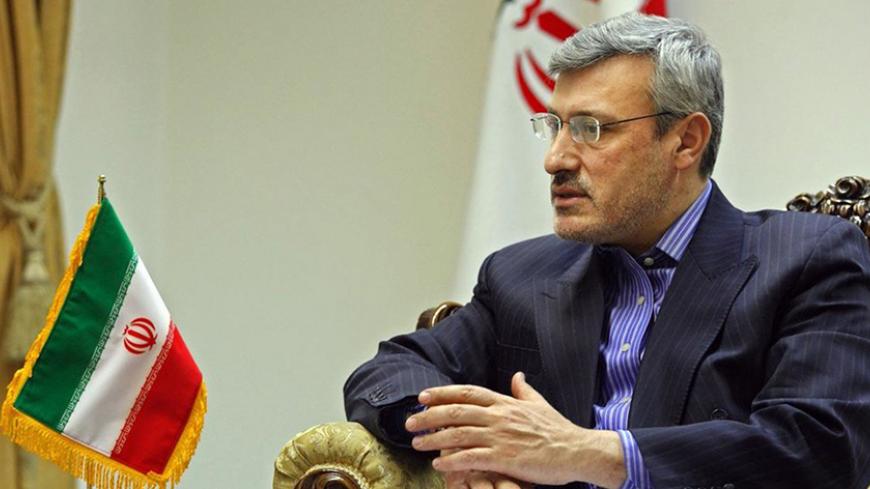Iran's nuclear negotiator Hamid Baeidinejad said that if American lawmakers prevent the sale of passenger airplanes to Iran, it would be a violation of the nuclear agreement between his country and the six world powers.
Speaking to reporters July 13 on the one-year anniversary of the signing of the comprehensive nuclear deal that ended a decade-long dispute, Baeidinejad, who is also the director-general for political and international affairs at the Foreign Ministry, called the sanctions on airplanes "one of the oldest unjust sanctions against Iran."



